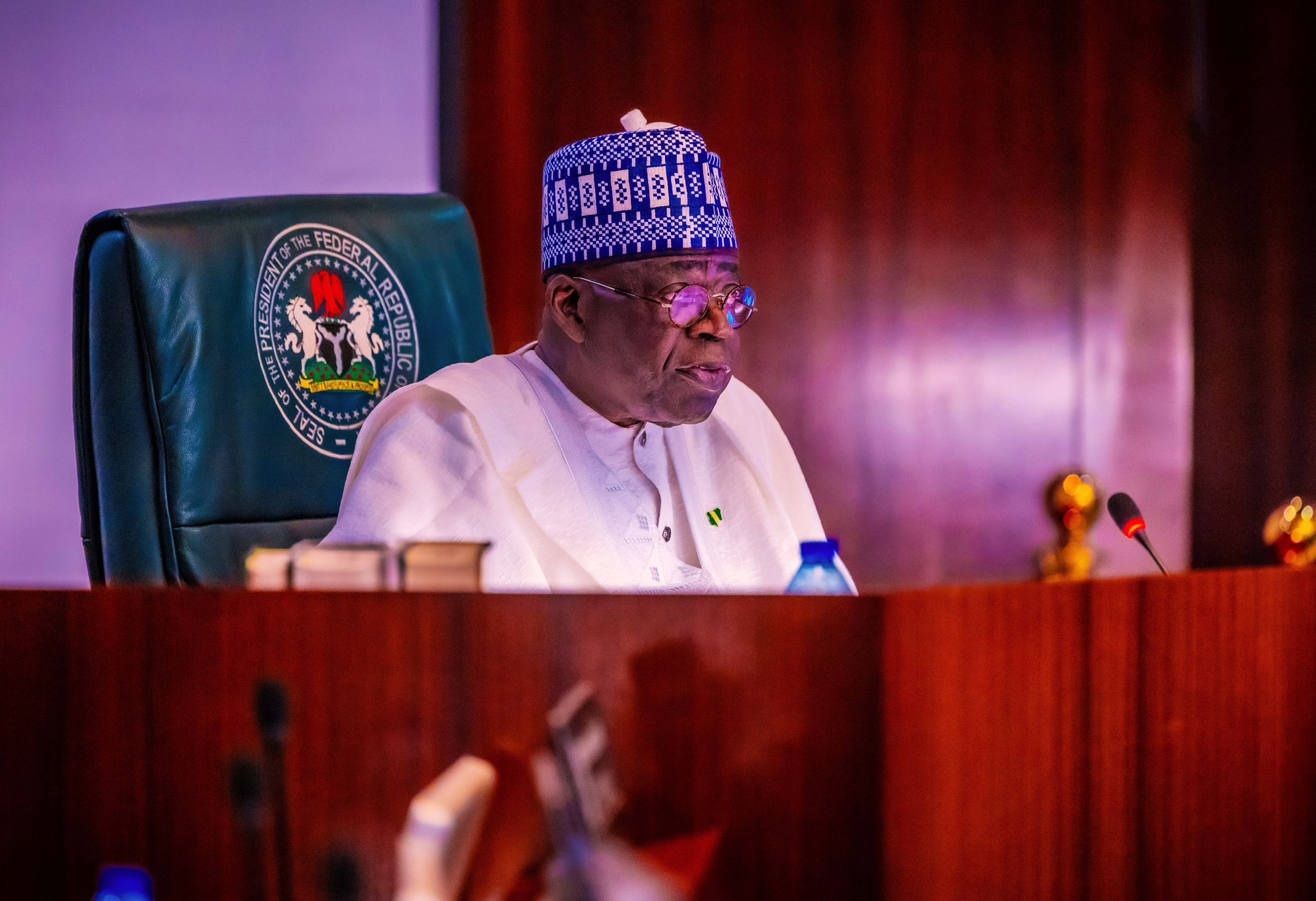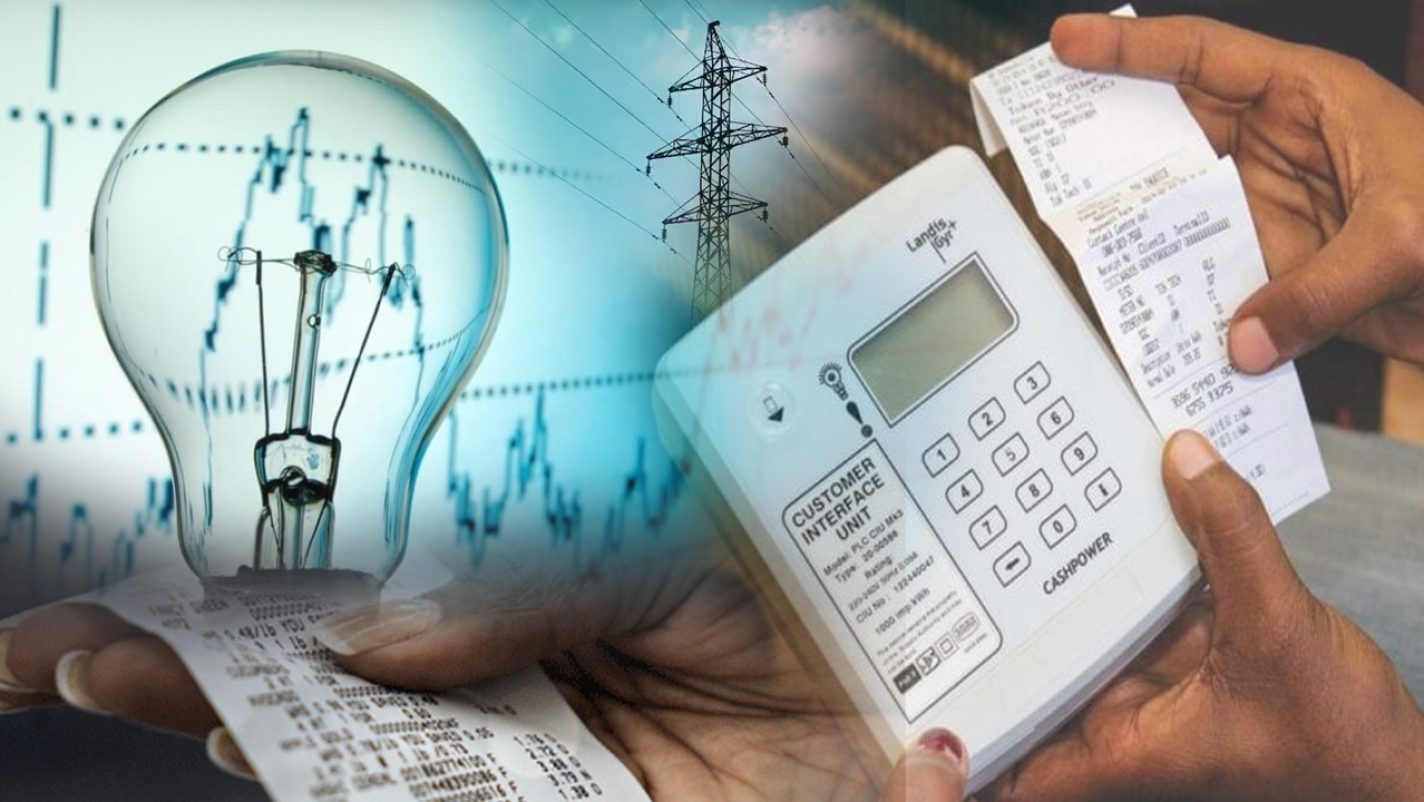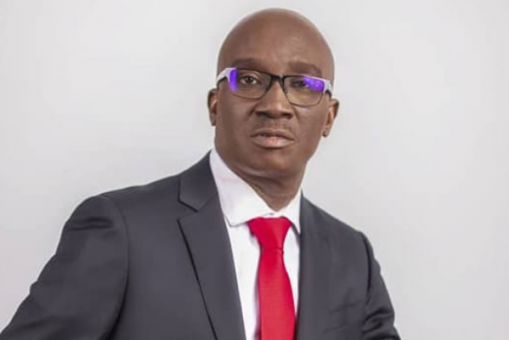Nearly a year after the Federal Government vowed to subsidise electricity bills for public hospitals and educational institutions, no relief has materialised, and these critical facilities continue to buckle under the weight of ballooning energy costs, The PUNCH has gathered.
In August 2024, Minister of Power Adebayo Adelabu publicly promised that the government would subsidise electricity consumed by healthcare and academic institutions — even those under Band A, Nigeria’s highest power consumption category. But since then, the minister has gone silent, and the government has taken no visible steps to honour the commitment.
Industry sources now confirm that no subsidy is forthcoming, and stakeholders are growing increasingly frustrated, describing Adelabu’s statement as a political gimmick with no policy backing.
Empty Words, Soaring Bills
The reality on ground is stark. Since the removal of subsidies for Band A electricity users, several tertiary hospitals now face monthly electricity bills as high as ₦300 million, up from less than ₦100 million prior to the tariff hike.
Despite reassurances from both Adelabu and then Minister of State for Health, Dr. Tunji Alausa, that a 50% subsidy had been approved, no financial relief has reached the affected institutions.
A top official from one federal teaching hospital, who requested anonymity, said:
“We are on our own. The government made a promise and walked away. We are now in debt, and basic operations are suffering.”
Another administrator from a federal university said the mounting power bills have “crippled” their ability to run critical services like laboratories and research centres.
‘Political Statement with No FEC Approval’ — Consumer Group Alleges
The All Electricity Consumers Protection Forum described the subsidy promise as a “mere political statement”, citing that the Federal Executive Council (FEC) never approved such a policy.
“There is no electricity subsidy in place. It was all talk,” said Adeola Samuel-Ilori, National Coordinator of the group. “The Nigeria Electricity Regulatory Commission (NERC) itself is unaware of any directive. How then could implementation proceed?”
Samuel-Ilori accused the power minister of misleading the public during a media appearance in Ibadan in 2024, claiming that data compilation was ongoing to enable subsidies.
Energy Expert Warns of Potential Abuse, Calls for Solar Transition
Professor Dayo Ayoade, an energy law expert at the University of Lagos, supported the idea of subsidising public institutions but warned that poor planning and lack of sustainability were likely reasons the government abandoned the initiative.
“Subsidies are notoriously difficult to implement. If not well-targeted, they get abused,” Ayoade said.
“A better long-term strategy would be to invest in off-grid solar power solutions for these institutions.”
Solar, Not Subsidy? FG Shifts Gear to REA Projects
While the subsidy promise remains unfulfilled, the Rural Electrification Agency (REA) has quietly taken up renewable energy interventions, installing solar power systems in select universities and hospitals.
According to Bolaji Tunji, media aide to Minister Adelabu, solar installations have already been completed in:
-
University of Maiduguri & Teaching Hospital – 12MW
-
University of Calabar & Teaching Hospital – 7MW
-
Michael Okpara University of Agriculture, Abia – 3MW
-
Federal University of Agriculture, Abeokuta – 3MW
-
University of Abuja – 3MW
-
Nigerian Defence Academy, Kaduna – 2.5MW
-
Federal University, Gashua, Yobe – 1.5MW
These efforts, under REA’s Energising Education Programme, also include rehabilitation of local grids, renewable energy training centres, and female STEM internship opportunities.
₦188bn Annual Subsidy Plan Goes Quiet Amid Budget Constraints
Government estimates suggested that subsidising electricity for 75 public hospitals and 300 educational institutions could cost up to ₦188.25 billion annually — ₦45 billion for hospitals and ₦143.25 billion for schools.
But with power subsidy costs already exceeding ₦500 billion in Q1 2025, and Nigeria’s rising debt to generation companies (Gencos), the plan appears to have been quietly shelved.
Mounting Disconnections and Protests
Hospitals and universities across Nigeria are now in crisis:
-
The University College Hospital, Ibadan, has faced repeated disconnection over a ₦400 million debt.
-
The College of Medicine, University of Lagos, and the Lagos State University Teaching Hospital received a joint bill of ₦280 million in May 2024 — nearly triple previous rates.
-
Disconnections have led to campus-wide protests, notably by medical students deprived of power for labs and study spaces.
What Next? Call for Accountability and Action
Stakeholders are urging the Federal Government to come clean about its position. If subsidies are no longer feasible, they demand a transparent and actionable policy shift, such as expanding solar deployments or restructuring electricity tariffs for essential public institutions.
“Empty promises are not governance,” one hospital administrator told The PUNCH. “Patients are dying, research is stalled, and students are in the dark — literally and figuratively.”




